Child of Russian spies gets to keep Canadian citizenship
- Published
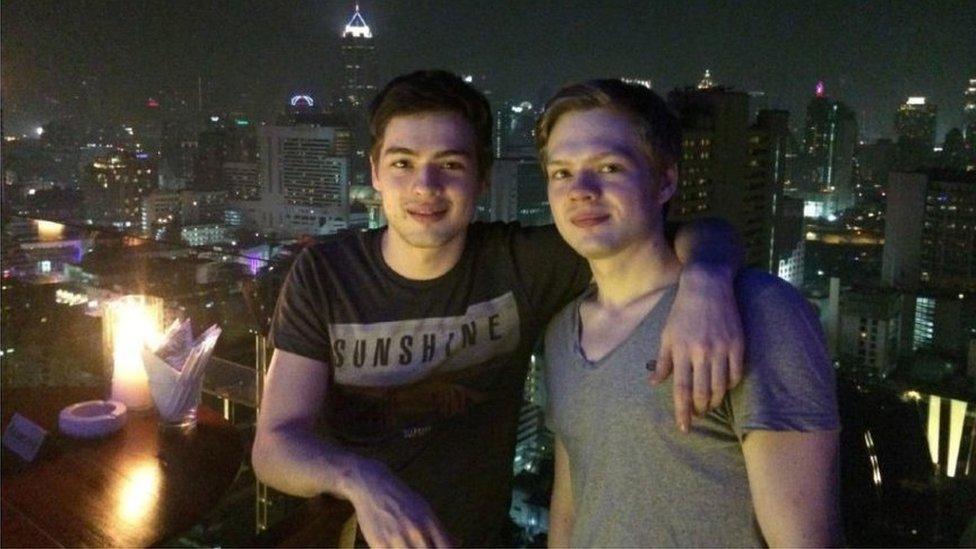
Brothers Alexander Vavilov, left, and brother, Timothy
Canada's Supreme Court has ruled that a son of Russian spies can keep his Canadian citizenship.
Alexander Vavilov was born in Canada and issued with a Canadian passport in the belief that his parents were Canadian citizens.
But in fact, his parents had used false identities to go under "deep cover" for the Russian government.
The favourable ruling, external ends a long fight by Mr Vavilov to keep his citizenship and return to Canada.
Alexander Vavilov was born Alexander Foley in Toronto on 3 June 1994 to Tracey Lee Ann Foley and Donald Howard Heathfield.
His older brother Timothy was also born in Toronto four years earlier.
But their parents' real names were Elena Vavilova and Andrey Bezrukov and they were sending intelligence back to Russia.
When Mr Vavilov was two the family moved to France and then later to the US, which is where officials started getting suspicious.
His parents were arrested by the FBI in 2010. Mr Vavilov was then aged 16 and up until that point he and his brother had been unaware of their real identities.
"It was traumatizing," Vavilov told CBC News in 2018 after winning an appeal, external. "I had no idea what was happening."
Spy swap
Bezrukov and Vavilova were arrested along with eight other individuals, including Russian spy Anna Chapman, now the most well-known of those picked up by US authorities in the sweep.
They pled guilty and were deported to Russia in a spy swap in exchange for four Russians who had been imprisoned by Moscow for providing intelligence to the West.
Among them was Sergei Skripal, who had been jailed for 13 years in Russia for passing the identities of Russian undercover agents in Europe to the UK's Secret Intelligence Service, MI6.
In 2018, Mr Skripal and his daughter were found poisoned by a nerve agent on a park bench in the UK, which officials believe was state-sanctioned retaliation for betraying Russia. They survived the ordeal, but a UK citizen died.
Just prior to Alexander Vavilov's parents' deportation, he and his older brother left for Europe on a previously planned trip, including a visit to Russia on a tourist visa.
When Alexander Vavilov tried to renew his Canadian passport at an embassy in Moscow, it was denied, and he was eventually informed that his citizenship had been revoked.
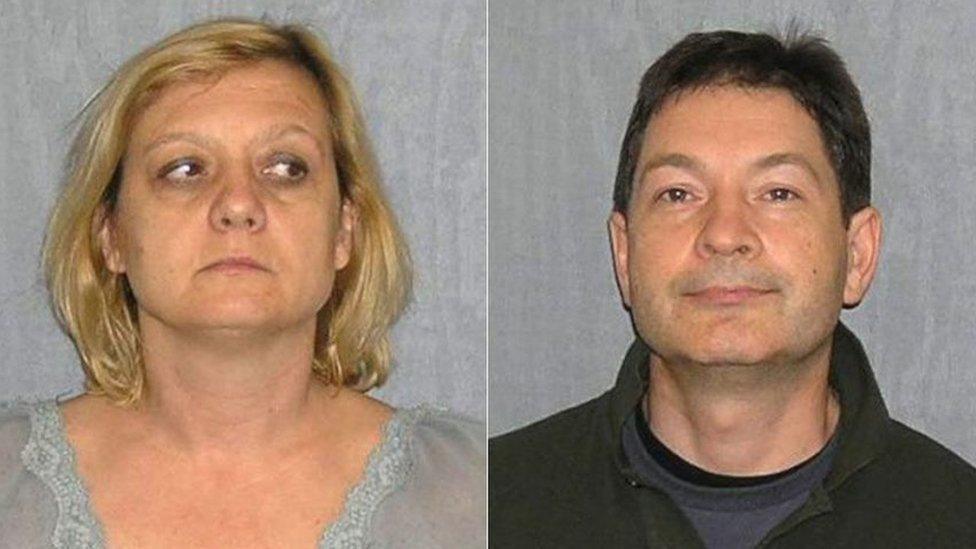
Russian spy Elena Vavilova used the name Tracey Ann Foley; Andrey Bezrukov called himself Donald Heathfield
The reason given was that children born to "a diplomatic or consular officer or other representative or employee in Canada of a foreign government" are excluded from citizenship even if they are born on Canadian soil.
A federal court denied Alexander Vavilov's application for judicial review, but an appeal court returned his citizenship. The Minister of Citizenship and Immigration appealed against this decision, which brought the case before the Supreme Court of Canada.
The court said the law barring citizenship of children of foreign representatives did not apply if their parents had not been granted diplomatic privileges and immunities.
Since their parents' real identities as Russian spies were secret, the brothers were never given diplomatic status by the Canadian government, the court reasoned.
- Published13 July 2010
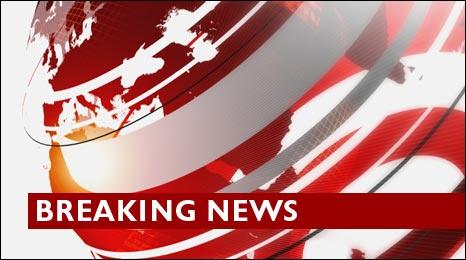
- Published9 July 2010
- Published23 June 2017
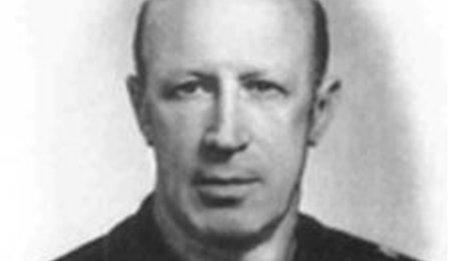
- Published29 June 2017
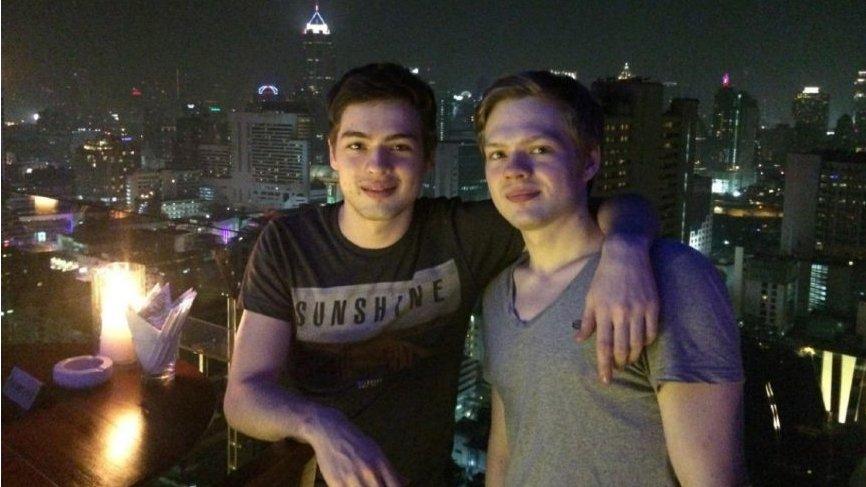
- Published28 March 2011